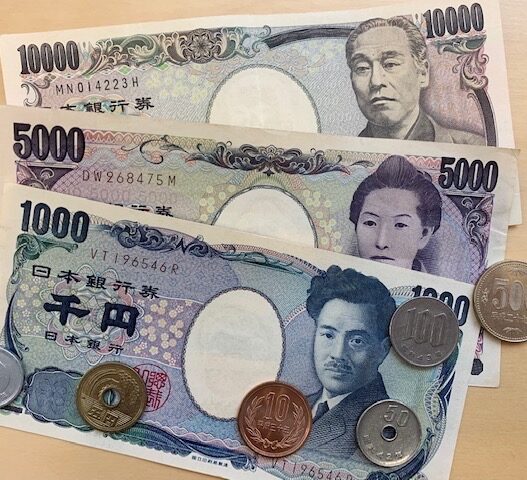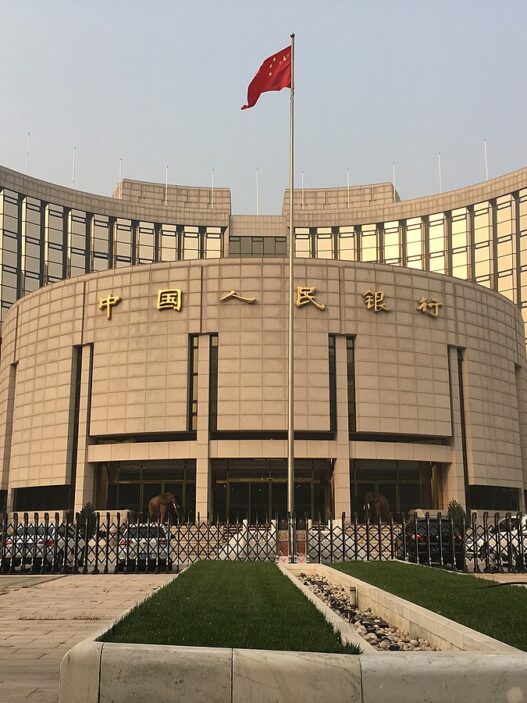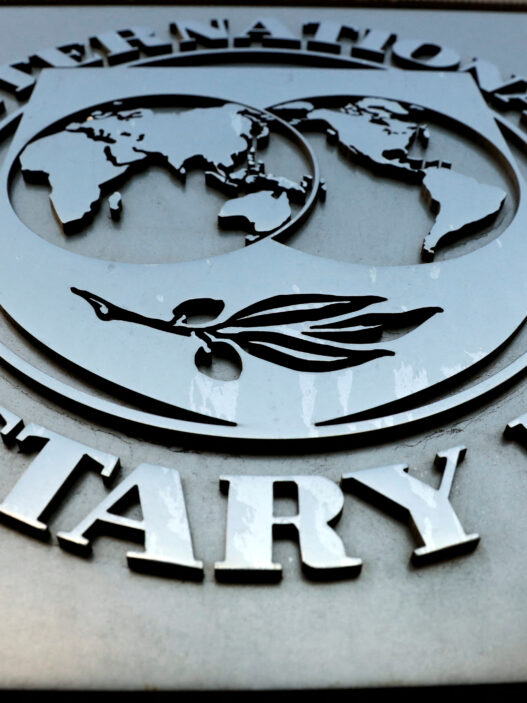Unexpected Downturn in the Land of the Rising Sun
Powered by MasterCFA.com
What Happened?
Japan’s exports have fallen for the first time in 10 months, marking a significant shift in the country’s economic landscape. In September 2024, exports dropped by 1.7% compared to the previous year, falling short of the forecasted 0.5% increase. This decline was primarily driven by reduced demand from China and a slowdown in U.S. growth, with exports to China plummeting by 7.3% and those to the U.S. decreasing by 2.4%.
Why Does This Matter?
Impact on the Economy:
This export slump could have far-reaching consequences for Japan’s economy and, by extension, the global economic landscape. As the world’s third-largest economy, Japan’s export performance is a crucial indicator of global economic health. A prolonged weakness in demand could complicate the Bank of Japan’s plans to exit its ultra-easy monetary policy, potentially affecting currency markets and international trade dynamics.
Personal and Business Effects:
For Japanese businesses, particularly those in the automotive sector, this downturn could lead to reduced profits and potentially impact employment. Families might face economic uncertainty if the trend continues, potentially affecting consumer spending and overall economic growth. On a broader scale, businesses and individuals worldwide may experience ripple effects through supply chain disruptions and changes in currency values.
Theoretical Concepts in Action:
Economic Theories at Play:
- Exchange Rate Fluctuations: The article mentions the yen’s recent rebound affecting export values, illustrating the concept of exchange rate elasticity of demand for exports.
- Monetary Policy and Economic Growth: The Bank of Japan’s considerations regarding ultra-easy monetary policy highlight the relationship between monetary policy and economic growth.
- International Trade Theory: The impact of China’s economic slowdown on Japan’s exports demonstrates the interconnectedness of global economies and the concept of derived demand in international trade.
Real-World Application:
The yen’s appreciation following the Bank of Japan’s rate hike in July 2024 provides a clear example of how monetary policy decisions can impact currency values and, consequently, export competitiveness. Historically, we’ve seen similar effects in other export-driven economies like Germany in the 1980s, where a strong Deutsche Mark periodically challenged their export sector.
The situation with China’s weakening demand showcases the concept of economic contagion. For instance, during the 2008 financial crisis, a slowdown in the U.S. housing market led to a global economic downturn, affecting export-oriented economies like Japan significantly.
What Could Happen Next?
- Prolonged Export Weakness: If global demand, particularly from China and the U.S., continues to wane, Japan might face a more extended period of export decline.
- Monetary Policy Shift: The Bank of Japan might delay its plans to exit the ultra-easy monetary policy, potentially leading to further currency fluctuations.
- Economic Stimulus: The Japanese government might introduce new economic stimulus measures to counteract the export slowdown and boost domestic demand.
- Structural Changes: Japanese businesses might accelerate their efforts to diversify export markets or shift focus towards domestic consumption to reduce reliance on specific international markets.
Why You Should Pay Attention:
Understanding these economic dynamics is crucial for making informed investment decisions and managing personal finances. The interplay between exports, currency values, and monetary policy can significantly impact stock markets, bond yields, and even job markets.
For instance, if you’re considering investing in Japanese companies or mutual funds with significant exposure to Japan, this export trend could affect their performance. Similarly, if you’re planning international travel or considering foreign currency investments, being aware of these economic shifts can help you time your decisions better.
Moreover, grasping these concepts can help you anticipate similar situations in other economies, giving you a broader perspective on global economic trends and potential investment opportunities or risks.
Questions to Ponder:
- How might a prolonged export slump in Japan affect global supply chains, especially in industries like electronics and automotive?
- What strategies could Japanese businesses adopt to mitigate the impact of weakening demand from major trading partners like China and the U.S.?
- How does the interplay between monetary policy, exchange rates, and export performance in Japan compare to other major exporting nations?
- In what ways could this situation in Japan serve as an indicator of broader global economic trends?
- How might the Bank of Japan’s future policy decisions in response to this export decline impact global currency markets and international trade?
Keep Learning with MasterCFA: Understanding Japan’s export dynamics and their global economic impact is crucial for any aspiring financial analyst. Dive deeper into these topics to enhance your knowledge and prepare for the CFA Exam. Explore more insightful articles and resources with MasterCFA to stay ahead in your finance career.















